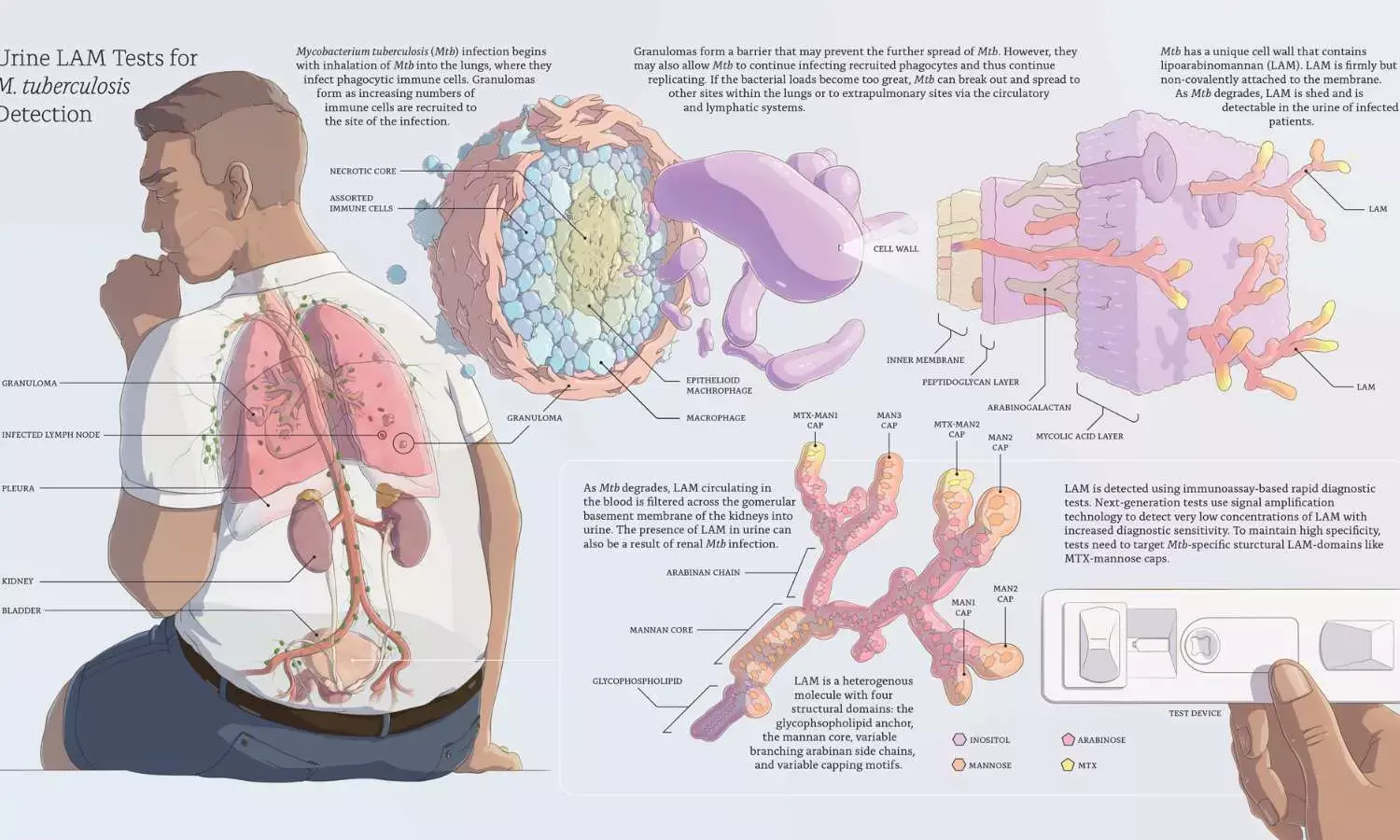- Home
- Medical news & Guidelines
- Anesthesiology
- Cardiology and CTVS
- Critical Care
- Dentistry
- Dermatology
- Diabetes and Endocrinology
- ENT
- Gastroenterology
- Medicine
- Nephrology
- Neurology
- Obstretics-Gynaecology
- Oncology
- Ophthalmology
- Orthopaedics
- Pediatrics-Neonatology
- Psychiatry
- Pulmonology
- Radiology
- Surgery
- Urology
- Laboratory Medicine
- Diet
- Nursing
- Paramedical
- Physiotherapy
- Health news
- Fact Check
- Bone Health Fact Check
- Brain Health Fact Check
- Cancer Related Fact Check
- Child Care Fact Check
- Dental and oral health fact check
- Diabetes and metabolic health fact check
- Diet and Nutrition Fact Check
- Eye and ENT Care Fact Check
- Fitness fact check
- Gut health fact check
- Heart health fact check
- Kidney health fact check
- Medical education fact check
- Men's health fact check
- Respiratory fact check
- Skin and hair care fact check
- Vaccine and Immunization fact check
- Women's health fact check
- AYUSH
- State News
- Andaman and Nicobar Islands
- Andhra Pradesh
- Arunachal Pradesh
- Assam
- Bihar
- Chandigarh
- Chattisgarh
- Dadra and Nagar Haveli
- Daman and Diu
- Delhi
- Goa
- Gujarat
- Haryana
- Himachal Pradesh
- Jammu & Kashmir
- Jharkhand
- Karnataka
- Kerala
- Ladakh
- Lakshadweep
- Madhya Pradesh
- Maharashtra
- Manipur
- Meghalaya
- Mizoram
- Nagaland
- Odisha
- Puducherry
- Punjab
- Rajasthan
- Sikkim
- Tamil Nadu
- Telangana
- Tripura
- Uttar Pradesh
- Uttrakhand
- West Bengal
- Medical Education
- Industry
Increasing sputum samples for testing improves diagnostic yield of Mycobacterium avium complex pulmonary disease

Nontuberculous mycobacterial pulmonary disease (NTM-PD) is increasing in incidence worldwide and has become an important concern
An increasing number of sputum specimens for testing improves diagnostic yield of Mycobacterium avium complex pulmonary disease suggests a new study published in the BMC Pulmonary Medicine.
In Mycobacterium avium complex pulmonary disease (MAC-PD), diagnosis requires a positive culture from at least two separate expectorated sputum specimens. The optimal number of sputum examinations remains unclear.
This study sought to elucidate the diagnostic yield of acid-fast bacilli in MAC-PD using 3 sputum specimens and to clarify the clinical characteristics of patients with MAC-PD diagnosed using 3 sputum specimens. Furthermore, we investigated the correlation between increased number of sputum specimens and diagnostic yield.
They reviewed the medical records of 139 patients with MAC-PD diagnosed at Toho University Omori Medical Center for whom at least three sputum specimens were examined before treatment from November 2014 through June 2021. Patients were classified into the 3-sputum diagnosed and the non-3 sputum diagnosed groups based on diagnostic procedure; clinical and radiological characteristics were compared. We also assessed diagnostic yield with the increased number of sputum specimens.
Results
Diagnostic yield with 3 sputum specimens was 16.5% (23/139).
The 3-sputum diagnosed group had a lower body mass index including cavitary lesions compared with the non-3 sputum diagnosed group.
When the number of sputum specimens was increased to 6, the diagnostic yield increased to 23.7% (33/139).
Diagnostic yield with 3 sputum specimens was 16.5%. Patients diagnosed using 3 sputum specimens had more severe chest CT findings including cavitary lesions. Increasing the number of sputum specimens to 6 improved diagnostic yield by 7.2%. In MAC-PD, increasing the number of sputum specimens to 6 is plausible for a definitive diagnosis
Reference:
Urabe, N., Sakamoto, S., Masuoka, M. et al. Efficacy of three sputum specimens for the diagnosis of Mycobacterium avium complex pulmonary disease. BMC Pulm Med 23, 29 (2023). https://doi.org/10.1186/s12890-023-02327-5
Dr. Shravani Dali has completed her BDS from Pravara institute of medical sciences, loni. Following which she extensively worked in the healthcare sector for 2+ years. She has been actively involved in writing blogs in field of health and wellness. Currently she is pursuing her Masters of public health-health administration from Tata institute of social sciences. She can be contacted at editorial@medicaldialogues.in.
Dr Kamal Kant Kohli-MBBS, DTCD- a chest specialist with more than 30 years of practice and a flair for writing clinical articles, Dr Kamal Kant Kohli joined Medical Dialogues as a Chief Editor of Medical News. Besides writing articles, as an editor, he proofreads and verifies all the medical content published on Medical Dialogues including those coming from journals, studies,medical conferences,guidelines etc. Email: drkohli@medicaldialogues.in. Contact no. 011-43720751


